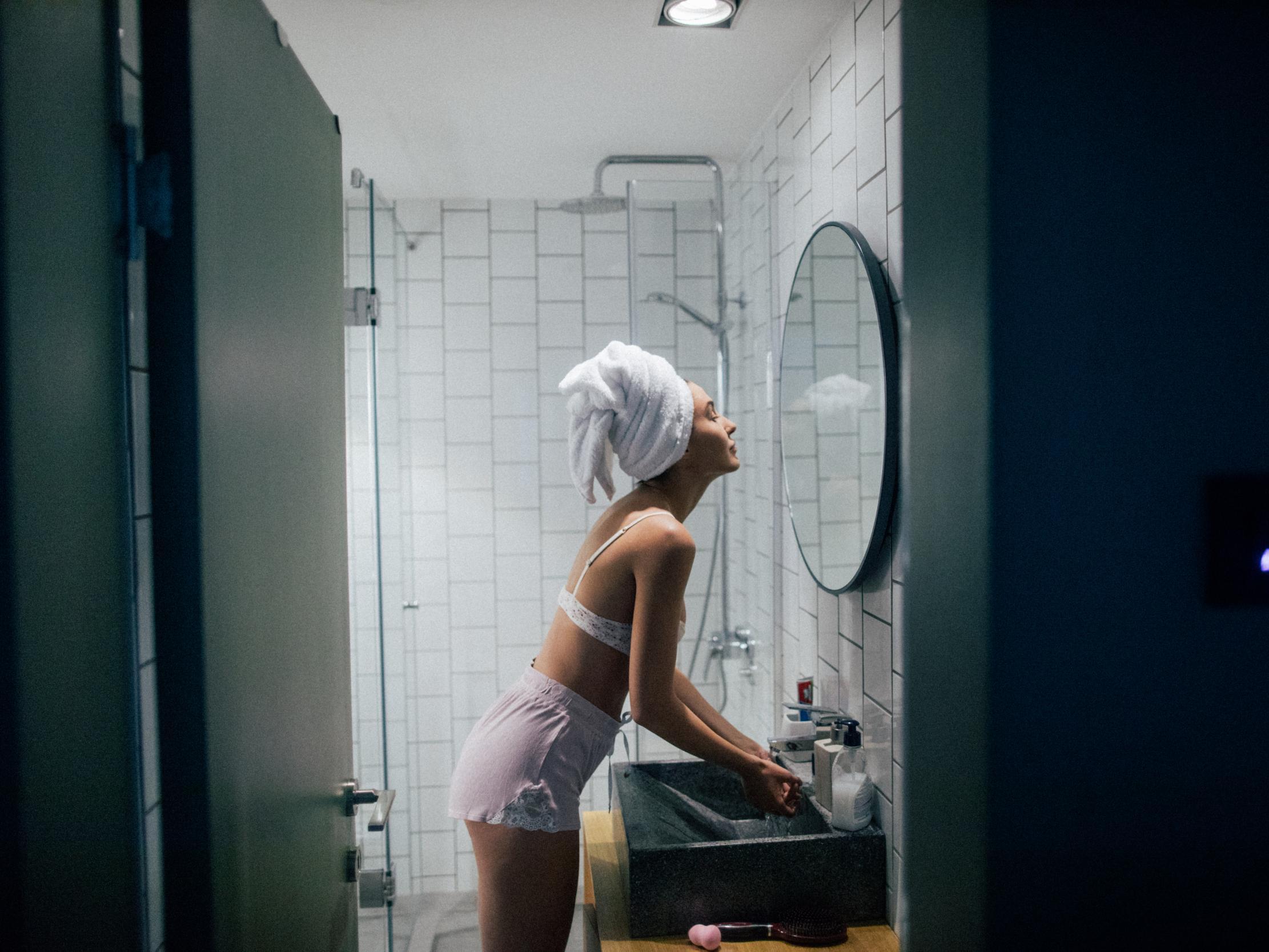Women who are unhappy with their breast size are less likely to check for cancer, finds study
Compared to 39 other countries British women are most dissatisfied with the size of their breasts

Your support helps us to tell the story
From reproductive rights to climate change to Big Tech, The Independent is on the ground when the story is developing. Whether it's investigating the financials of Elon Musk's pro-Trump PAC or producing our latest documentary, 'The A Word', which shines a light on the American women fighting for reproductive rights, we know how important it is to parse out the facts from the messaging.
At such a critical moment in US history, we need reporters on the ground. Your donation allows us to keep sending journalists to speak to both sides of the story.
The Independent is trusted by Americans across the entire political spectrum. And unlike many other quality news outlets, we choose not to lock Americans out of our reporting and analysis with paywalls. We believe quality journalism should be available to everyone, paid for by those who can afford it.
Your support makes all the difference.Women in Britain are most likely to be unsatisfied with the size of their breasts compared to women in other countries, which presents problems for preventative breast cancer measures according to a new study.
The study of 18,000 women in 40 countries found that more than two thirds of women worldwide are unsatisfied with the size of their breasts: only 29 per cent are happy while 48 per cent wish they were bigger and 23 per cent want them to be smaller.
British women have a greater desire on average for a larger bust than any other nationality.
Professor Viren Swami from Anglia Ruskin University said: “Breast size dissatisfaction has consequences in health and psychological wellbeing. If we can get women to feel happier about their breasts that will have important benefits.”
This is significant beyond implications on body image because the research also found if women are unhappy with their breasts they are far less likely to check them for changes; for those that did check, they are not confident they would be able to spot changes.
The study, published in the journal Body Image, showed women a series of silhouettes and asked them to indicate the one that best matched their own breast size and the one they would like to have.
Larger sizes were preferred by women across the world, although none wanted the largest size offered.
The women most comfortable with their own breast size were those from Ghana, Colombia, Spain, Paraguay and Indonesia.
The countries whose women reported the largest breasts were the Netherlands, Egypt, UK, India and Pakistan. Those with the smallest were in Japan, China, Thailand, Malaysia and Germany.
These results were mirrored to an extent in the chests that women wanted. Indian, Pakistani, Egyptian, Lebanese and British women were those who considered the ideal breast to be largest.
Japanese, Filipina, German, Austrian and Malaysian women desired the smallest breasts.
In all countries older women were more likely to be satisfied with their bodies: “We think that as women get older, what might tend to happen is they shift their focus from viewing breasts as primarily aesthetic to things with functionality,” said Professor Swami.
A similar study from 2018 also confirmed that women who are unhappy with their body shape or size are less likely to actively check for changes.
The NHS says: “There’s no right or wrong way to check your breasts. But it is important to know how your breasts usually look and feel. That way, you can spot any changes quickly and report them to your GP.
“Get used to how your breasts feel at different times of the month. This can change during your menstrual cycle. For example, some women have tender and lumpy breasts, especially near the armpit, around the time of their period.”
The NHS breast screening programme has a 5-point plan for being breast aware: know what is normal for you, look at your breasts and feel them, know what changes to look out for, report changes without delay and attend routine screening if you’re 50 or over.
Join our commenting forum
Join thought-provoking conversations, follow other Independent readers and see their replies
Comments